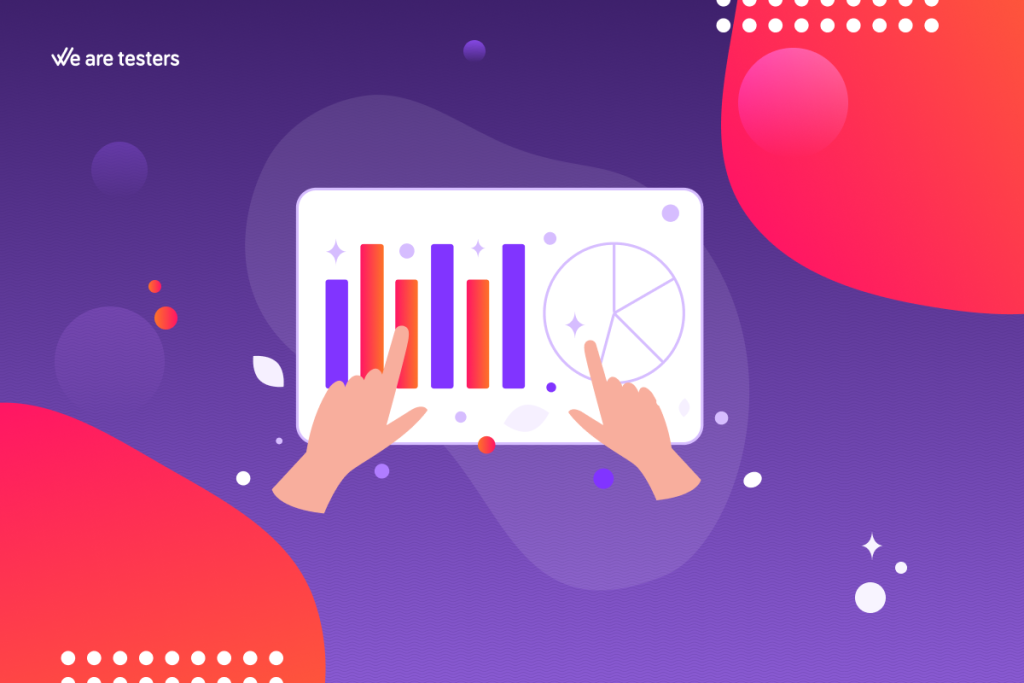
We live in the data-driven society. The analysis of data and the insights it generates are crucial for business decision-making, with the aim of avoiding hypotheses, intuitions, or personal experiences. However, according to a study by the IBM Center for Applied Insight, 80% of marketing professionals admit to making decisions about the type of offers they send to their customers based on instinct. And it makes sense. Whether due to a lack of resources, knowledge, or time, the amount of information available today about consumers is so vast, both in volume and quantity, that it can be impossible to process, manage, and analyze such a quantity of variables and information.
To overcome these challenges and obstacles, this is where the trend known as Data-Driven Marketing comes in, offering its full potential as a tool for understanding this volume of data. But let’s start at the beginning by defining what Data-Driven is, contextualizing this trend, and understanding the advantages of its application in marketing departments and companies in general.
What Is Data-Driven Marketing?
Data-Driven Marketing involves strategies, knowledge, and decisions based on data analysis and insights extracted through Big Data, Data Science, or Business Intelligence. Thanks to Data-Driven, we emphasize the ability to transform data, to understand them in order to extract maximum value from them effectively. Because… what’s the point of collecting endless data if we don’t have the necessary algorithms or tools to understand them?
As mentioned earlier, companies have a significant amount of data about consumers and their movements. For example, they know their sociodemographic profile, behavior, the path to conversion on a website, payment preferences, or any other measurable KPI. In other words, they have almost unlimited information with high value for understanding their customers and, therefore, for the business. However, this wealth of data is impossible to handle without data management tools.
The objective of Data-Driven Marketing is not only to know all this information about the ‘ideal customer’ based on real and precise data but also to be able to use it to make the most efficient decisions in marketing campaigns.
Therefore, relying on Data-Driven algorithms and tools to analyze all this information and determine which decision is most likely to have the most positive and profitable impact on marketing campaigns is undoubtedly a good practice. And for proof, here’s an example.
Application of Data-Driven
How to Multiply Your Conversions by 10
Let’s take an example of an experiment conducted at a telecommunications company and its mobile internet bundle promotion campaigns, which were advertised to their customer database via SMS. This case study was published by the Massachusetts Institute of Technology (MIT) and demonstrates how, thanks to the use of metadata and social media analysis, the company increased its results by a factor of 13 compared to a marketing team accustomed to working in a different way, relying on their own experience or beliefs rather than precise data about their consumers.
To carry out the experiment and compare the results, they relied on two parallel alternative campaigns:
- A campaign based on the intuitions, beliefs, or personal experience of the marketing team.
- A campaign based on a machine learning model that had analyzed more than 350 metadata variables regarding customer consumption habits and social media activity.
The result couldn’t have been clearer. While the first campaign achieved a conversion rate of 0.5%, the second campaign, based on the analyzed data, had a conversion rate of 6.4%, which is more than 10 times higher.
Beyond Intuition…
It’s evident that not all marketing departments have the budget or resources to use complex algorithms, but it does demonstrate the need for precise data and insights from consumer research (habits, behaviors…) on which to base marketing decisions to be as cost-effective and accurate as possible. This is especially important in a rapidly changing world like the current one.
Advantages of Data-Driven Marketing
Thanks to this data analysis and understanding, companies and marketing departments focused on Data-Driven will enjoy competitive advantages and the ability to turn data into knowledge and knowledge into profitability, thereby achieving the ultimate goal of increasing sales and conversions.
With the application of Data-Driven techniques, in addition to increasing profitability as the main objective, marketing departments will also be able to:
- Understand and predict customer behavior, both past and present, but especially their future behavior. The ability to stay up-to-date with trends, consumption habits, behaviors, etc., will allow you to provide a timely response to their needs, which directly affects the optimization of their customer experience.
- Enhance customer engagement by reacting promptly to their needs, which directly impacts the optimization of their customer experience.
- Detect key information and offer personalized content to customers. A good analysis will help identify the main interests of each target audience, allowing you to personalize messages and offers and provide the most relevant content tailored to the audience’s interests. This will result in increased engagement with the public.
- Improve Customer Experience by optimizing the quality of the customer-brand relationship, working on customer retention, loyalty, and even recovering lost customers through a deeper analysis of all customer-brand touchpoints.
- Reduce the time required for strategic and tactical decision-making by having all this information.
- Maximize return on investment by understanding the audience’s response to different impacts and actions, making marketing more effective in its messages and reducing costs.
All these advantages and applications of Data-Driven emphasize the need for a shift in the business approach toward a customer-centric vision, with Data-Driven being the ultimate expression of placing the customer at the center of decisions.
Data as the Foundation
At We are testers, as a market research tool that generates information, customer knowledge, and data generation to meet ad hoc information needs, we are aware of the importance and relevance of data and insights about consumers for marketing departments today. Thanks to our online market studies, marketing departments and teams, as well as any company with information needs, can generate or validate the information they need to make their decisions. However, always based on customer knowledge and obtained insights in an agile and reliable way.
Update date 22 December, 2023


